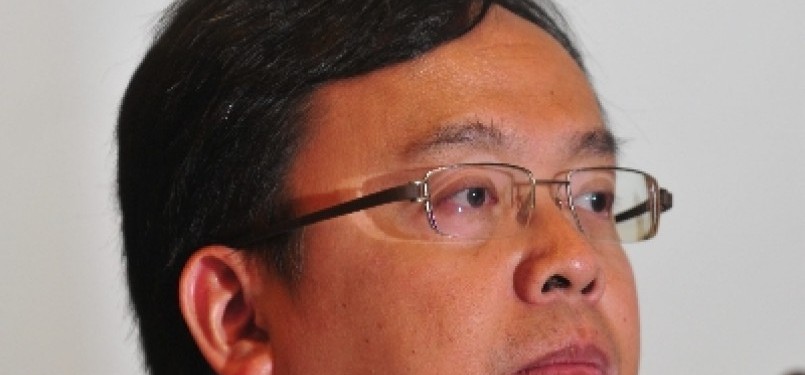REPUBLIKA.CO.ID, NUSA DUA -- Finance Deputy Minister Bambang Brodjonegoro has said persistent income and development disparities among regions could push Indonesia into a middle-income trap.
"Indonesia has to overcome not only the disparities in people's incomes but also gaps in the development of its regions," the finance deputy minister said here on Friday.
He noted that while Indonesia's economy over the past decades has been relatively stable, the disparities between urban and rural areas continue to increase.
As a result, the underprivileged cannot enjoy the benefits of national development.
"The national economic 'cake' is only enjoyed by the rich. This should be monitored carefully because although the poverty rate had dropped, the income gap is increasing," Brodjonegoro stated.
As an example, he pointed out that Jakarta's share in the distribution of gross domestic product (GDP) has been increasing since the 1970s, while the share of the eastern Indonesian regions has been declining.
"Jakarta's share in the GDP distribution has been rising. In 1990, it was only 12.1 percent, but by 2010, it had increased to 16 percent. So, 16 percent of Indonesia's economic output is generated in Jakarta. In contrast, the shares of Java and Bali are declining. This is not appropriate because the regional autonomy of these regions has not created growth, causing people in the regions to migrate to Jakarta," he noted.
Bambang suggested that major cities, such as Bandung, Surabaya and other cities in Kalimantan and Sumatra, should be converted into new growth centers to ensure more evenly distributed economic development. It would also reduce the burden on Jakarta, he added.
"We should not let people migrate to Jakarta at will because it places a burden on Jakarta, which is not good for Indonesia's economy," Bambang said at an international seminar on "Avoiding the Middle-Income Trap."
He said that currently, Indonesia is classified as a middle-income country in the lower middle-income group, with an average per capita income of $2 thousand-$7,250 per annum.
The middle income trap refers to a situation in which a country that has become a middle-income nation fails to become a high-income country and experiences stagnation.
Based on international standards, a country is said to have fallen into a middle-income trap if it stays at the middle-income level for 42 years. Indonesia is currently classified as a lower middle-income country.
Indonesia, according to OECD forecasts, is expected to shift from a middle-income nation to a high-income or advanced country by 2042. That is much slower than Malaysia, which is expected to make that transition by 2020, China (by 2026) and Thailand (by 2031).


